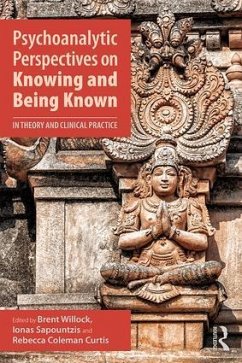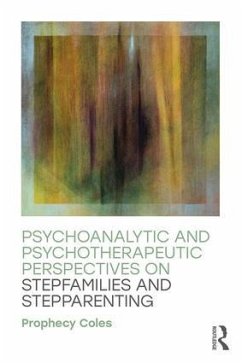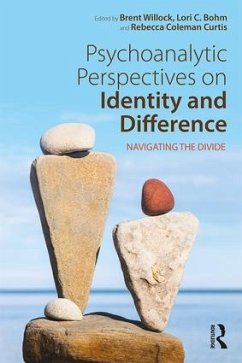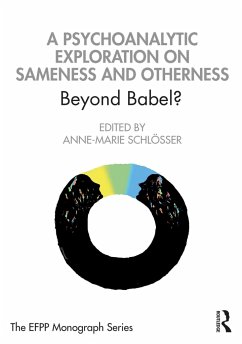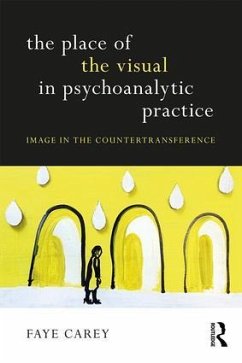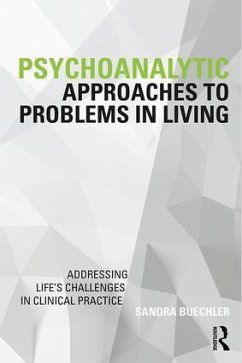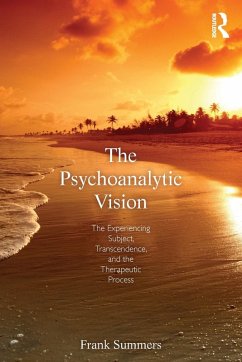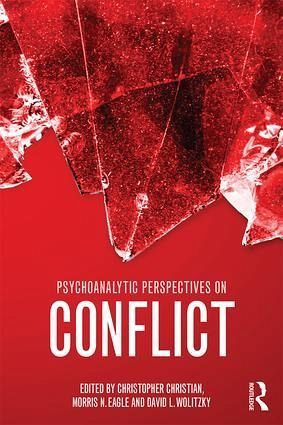
Psychoanalytic Perspectives on Conflict
Versandkostenfrei!
Versandfertig in 1-2 Wochen
70,99 €
inkl. MwSt.
Weitere Ausgaben:

PAYBACK Punkte
35 °P sammeln!
Since its inception, and throughout its history, psychoanalysis has been defined as a psychology of conflict. Freud's tripartite structure of id, ego and superego, and then modern conflict theory, placed conflict at the center of mental life and its understanding at the heart of therapeutic action. As psychoanalysis has developed into the various schools of thought, the understanding of the importance of mental conflict has broadened and changed.¿ In Psychoanalytic Perspectives on Conflict, a highly distinguished group of authors outline the main contemporary theoretical understandings of the...
Since its inception, and throughout its history, psychoanalysis has been defined as a psychology of conflict. Freud's tripartite structure of id, ego and superego, and then modern conflict theory, placed conflict at the center of mental life and its understanding at the heart of therapeutic action. As psychoanalysis has developed into the various schools of thought, the understanding of the importance of mental conflict has broadened and changed.¿ In Psychoanalytic Perspectives on Conflict, a highly distinguished group of authors outline the main contemporary theoretical understandings of the role of conflict in psychoanalysis, and what this can teach us for everyday psychoanalytic practice. The book fills a gap in psychoanalytic thinking as to the essence of conflict and therapeutic action, at a time when many theorists are re-conceptualizing conflict in relation to aspects of mental life as an essential component across theories.¿ Psychoanalytic Perspectives on Conflict will be of interest to psychologists, psychoanalysts, social workers, and other students and professionals involved in the study and practice of psychoanalysis, psychotherapy, cognitive science and neuroscience.





